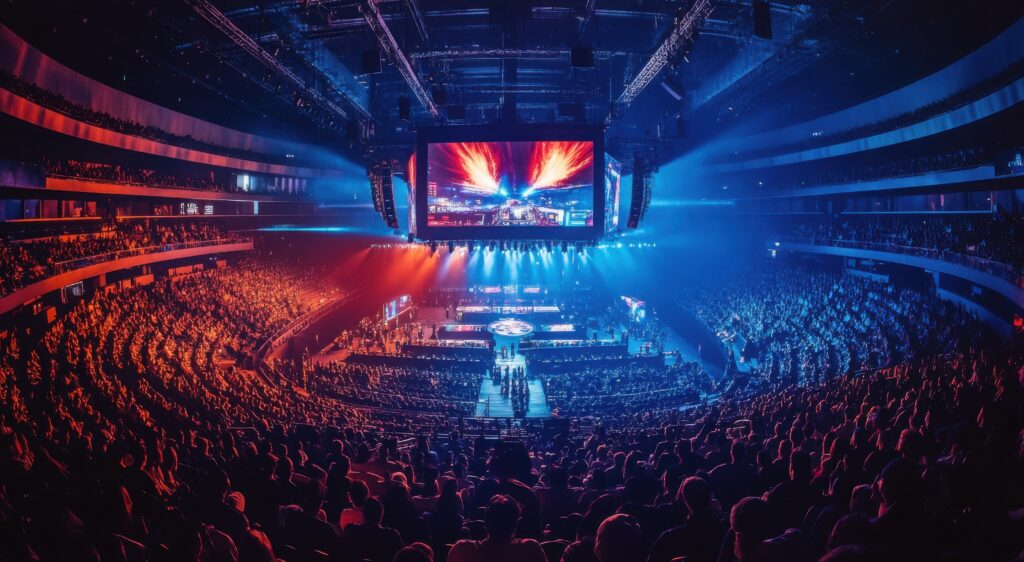Accelerated innovation: What Signiant predicts for the 2021 horizon
To call 2020 a disruption would be a bit of an understatement…
A year ago, it was safe to forecast continued cloud adoption, expanded global distribution driven largely by new OTT platforms, and more experimentation with AI. Those predictions weren’t wrong per se, but they have certainly taken on new meanings.
As 2020 marched on, as the weeks turned into months, the pandemic became a catalyst for accelerating many of the changes that were already underway. Workflows and technologies smoldering for some time, burst into the mainstream, very fast, very suddenly, with very little time to plan. As we head into 2021, it doesn’t appear companies are looking back, but rather are reflecting on what they learned and are now focused on shoring-up those workflows and tools, ensuring they are scalable, secure and ready for whatever comes next.
“No one wants to relive 2020,” explains Mike Flathers, Signiant’s Chief Solutions Officer, “However, we all know that an incredible amount of forced innovation occurred, and I wonder if it was the tipping point we all needed.”
Shoring up remote workflows
The quick and successful transition to remote production workflows demonstrates how close the industry was to that tipping point. New remote workflows have challenged organizations to adopt new solutions and approaches, many of which had been gestating, but became requirements in 2020.
“2021 will be the year of hardening, refining, and enhancing IP and file-based workflows,” Flathers explains. “2020 proved that near 100% remote production is possible while breaking through some of the barriers put in place by the naysayers. I don’t see us going back as an industry.”
Sports broadcasting was among the first industry sectors to shutter as COVID-19 spread, an immediate sign of how serious the problem was for the industry. The loss of sports touched providers and audiences alike. Conversations on sports’ return were among the more significant discussions in the media. When they eventually returned, even in modified form, the response was rapturous, and the solutions incredibly creative. From remote drafts in both the NFL and MLB to the use of virtual crowds during live games, sports production demonstrated just how tenacious and crafty the industry could be, even when it seemed like there was a stacked deck against them. Fans rejoiced.
“2021 will be the year of willingly transitioning a large amount of production to the cloud for good with third-party vendors offering new ways to leverage a hybrid cloud, multi-cloud world to bring out the best in everyone,” notes Mike Flathers. “That said, I do see the need to take a deep breath and analyze the way things were done in 2020,” Flathers cautions, “To securely bring those concepts into a new set of workflows that leverage cloud-native services to act upon the vast amount of data being pushed into and around the clouds.”
Hybrid cloud, multi-cloud
Margaret Craig, Signiant CEO, added “As things return to normal, I expect media companies to re-group on their cloud strategies with additional real-world experience to draw from. It will be very interesting to see how the pandemic experience impacts decisions about public vs. private infrastructure.” Signiant saw a massive spike of more than 230% in the movement of data to and from the cloud on its Media Shuttle product in 2020. We saw this not just with Amazon but also growth with Microsoft Azure and GCP along with more use of on-prem object storage. “A hybrid cloud, multi-cloud world is definitely coming to pass,” added Craig.
Complex, global distribution
For Rick Clarkson, Signiant’s Chief Strategy Officer, the changes are beyond how businesses create content. How companies deliver content is proving to be just as impactful.
“New OTT providers like Disney+ and NBC Peacock have come on-line, bringing more high-quality content to the streaming space. Existing OTT platforms also saw a boost, with Netflix subscriptions growing from over 167 million to 183 million between March and April, and then to 193 million by July.
“The pandemic has accelerated that timeline by 3-5 years,” Clarkson believes. This surge in streaming has led to a spike in the demand for localization services as more content is delivered to a global audience. The formation of groups like the EGA is an indicator of how complex this has become. “The globalization of content will continue in 2021 and beyond,” noted Clarkson.
A smarter, safer industry
As the industry navigates the next year, it will see more than just cloud adoption. For CTO Ian Hamilton, artificial intelligence (AI) could also accelerate 2021.
“I think we’ll see a lot more practical examples of AIs helping people involved in the creation of media do their work, as opposed to replacing them,” he explains.
While the industry has already witnessed AI growth in media, using it as a supplement to human work continues to advance. In closed-captioning, for instance, this combination of human and AI insight has shown advances in the last year.
“I expect there will be a human supervising many processes,” Hamiton explains. “As just one example, in experimenting with automated captioning, we found that generic cloud voice-to-text translation makes a noticeable number of mistakes, but the metadata produced by the process is pretty helpful in guiding a human through reviewing the results. The AI fills in a lot of details quickly, and then a human can check the AIs work guided by its confidence in its answers.”
As social distancing forced organizations to rely on smaller and smaller teams for complex workflows, access to machine learning ensures enterprises can comfortably do more with less. They can keep their workers safe and expedite tasks that have outgrown the need for a manual approach. This collaboration between user and computer would allow teams more time to make content, as AI takes care of the more mundane, repetitive tasks.
Happy 2021
Organizations worldwide proved incredibly nimble, adapting to a situation unconsidered with an admirable level of creativity and resilience. For strategies like remote production, OTT streaming, AI, and more, the future looks so much different than it did when the ball dropped to mark the end 2019. How the role of these solutions crystalizes in the 365 days ahead remains to be seen, but we have a hunch that when 2021 winds down, we’ll be looking at a wealth of fully-realized advances that first appeared in the crucible of 2020.
Here’s to a happier new year, M&E.


